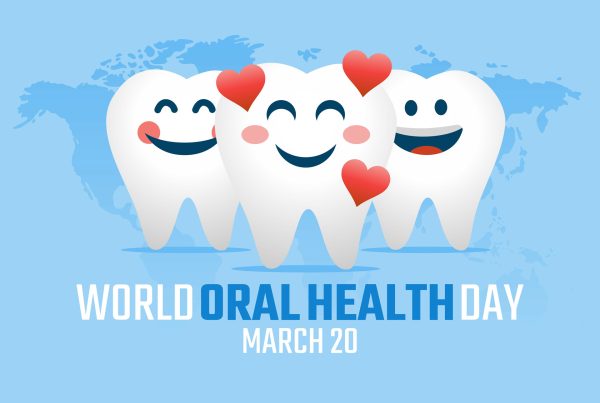5 ways smoking affects your oral health
March is a month that is often overlooked, yet it plays host to two very important dates for your dental health: No Smoking Day (14th) and World Oral Health Day (20th). Here at 543, we wanted to draw both of these to your attention, so we thought we’d highlight just how interlinked they are. You already know that smoking is dangerous for your general and lung health, but here’s our round-up of the top 5 ways that continuing to smoke will negatively impact your oral health.
5. Bad breath
There’s no getting around the fact that smoking is an unpleasant habit. If you’re a smoker, you may have developed ‘nose blindness’ to the aroma of stale smoke that clings to your hair and clothes, not to mention your car, house and ashtrays. But the people in your life will be all too aware of it – and that smell also affects your breath. You may be able to temporarily mask it with chewing gum or mouthwash, but the only way to truly get rid of it is to stop smoking.
4. Stained teeth
Wish your teeth were yellower? No, we didn’t think so. And yet every time you light up, that’s exactly what you’re signing up for. The nicotine and tar in tobacco is essentially fused onto your teeth with every breath you take – much the same way that smoked fish takes on a pale yellow colour. Special ‘smokers’ toothpastes’ may remove some of the surface staining, but they’re also very abrasive and prolonged use will lead to more serious problems, such as gum pain and tooth sensitivity.
3. Slower healing
Smoking can weaken your immune system and slow the healing process for any oral interventions you may have. This is because nicotine constricts your blood vessels, reducing the flow of oxygen and nutrients to your tissues. If you have an open wound, or even just a sore, in your mouth, the longer healing time means it’s susceptible to infection for longer. And we shouldn’t need to tell you that exposing an open wound to the toxic fumes of your cigarette isn’t the greatest idea.
2. Gum disease
The slower healing is what leads to a doubling of the risk of gum disease among smokers. Gum disease is caused by a bacterial infection, so if your gums aren’t given the chance to heal, then you’re headed towards gingivitis and eventually its more serious counterpart periodontitis. If this all sounds somewhat abstract to you, we get it – it won’t actually hit home until your teeth start falling out. The problem is that they really will.
1. Mouth cancer
We saved the big one for last. The fastest-growing group of cancers in the UK, mouth cancer is especially dangerous because it’s so often caught late. It’s also increasingly common in younger people, which is frightening, but the truly alarming statistic for smokers is that 90% of mouth cancer sufferers are tobacco users. The good news? Up to 93% of head and neck cancers are entirely preventable.* And the single best way to do that is to just stop smoking.
Now that we’ve convinced you, you might be wanting some help to quit. Don’t worry, we know it’s not easy and we’re available to help you through. Talk to us about it at your next check-up or hygiene appointment or, alternatively, visit the NHS Smokfree website for more inspiration and advice. And be sure to tell friends and family – the more people you get on your side, the easier it will be!




